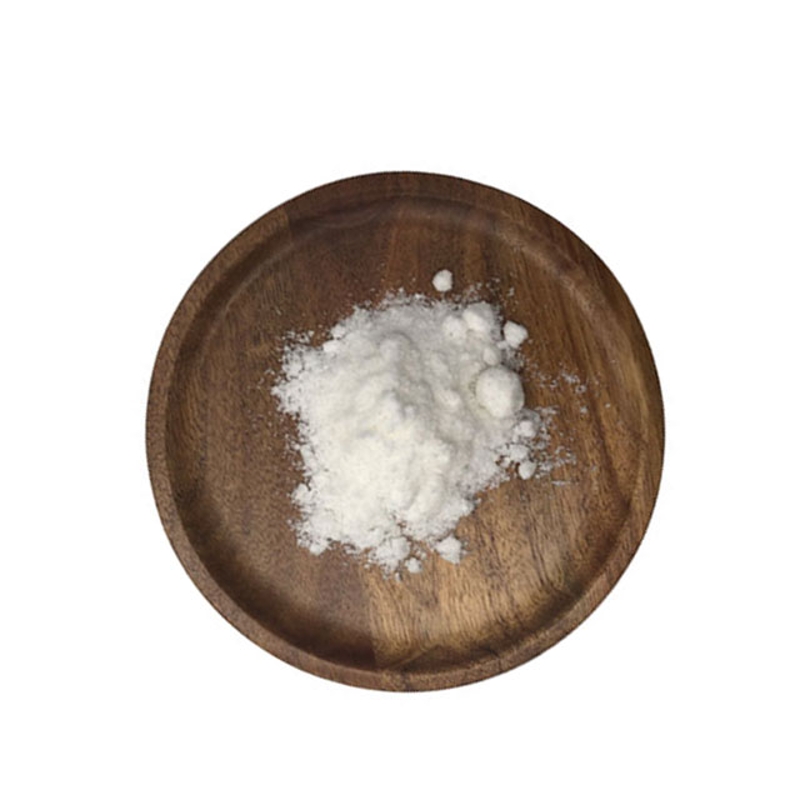-
Categories
-
Pharmaceutical Intermediates
-
Active Pharmaceutical Ingredients
-
Food Additives
- Industrial Coatings
- Agrochemicals
- Dyes and Pigments
- Surfactant
- Flavors and Fragrances
- Chemical Reagents
- Catalyst and Auxiliary
- Natural Products
- Inorganic Chemistry
-
Organic Chemistry
-
Biochemical Engineering
- Analytical Chemistry
- Cosmetic Ingredient
-
Pharmaceutical Intermediates
Promotion
ECHEMI Mall
Wholesale
Weekly Price
Exhibition
News
-
Trade Service
One in five cases of frontal temporal lobe dementia (FTD) is an epichromosomal explicit inheritance, most commonly found in maPT, GRN, or C9orf72 gene mutations.
pathological and clinical characteristics of familial FTD are very similar to those of cases emitted, but mutant carriers allow inferred molecular specificity of underlying pathology.
although tau or TDP-43 (the false folding and aggregation of proteins leads to typical FTD neuropathology, neuropathitis may be the result of an early pathogenic process rather than neurodegenerative changes.)
this hypothesis is supported by genome-wide association studies involving immune pathways in FTD, 3, and animal studies that identify inflammatory changes prior to tau accumulation.
authors reported neuroinflamm and abnormal protein aggregation patterns in seven patients with familial frontal lobe dementia (FTD) and used the PK11195 to quantify neuroinfence in patients with symptomatic familial FTD with MAPT, GRN, or C9orf72 mutations.
then compared the distribution of inflammation and the distribution of the combination of AV-1451.
: 7 familial FTD patients were recruited from the Dementia Centre in the Forehead department of the University of Cambridge: 2 cases of MAPT gene mutation, 2 cases of GRN and 3 cases of C9orf72 amplification.
6 patients met the diagnostic criteria for behavioral variability FTD (bvFTD).
1 patient met the diagnostic criteria for non-fluent variant primary aphdilephpathy (nfvPPA).
Using the technology of positive electron emission fault scanning (PET), the correlation between the active small glial cell distribution measured by radioactive liants (11C) PK11195 and the pathological region distribution of tau or TDP-43 was discussed, and the injection examination was carried out with radioactive liants (18F) AV-1451.
family FTD-PET data compared with the health control group.
results: The combination increase of PK11195 in familial FTD patients in all mutant groups occurred mainly in the frontal temporal lobe region, while the other regions showed individual abnormalities.
the distribution of the combination of the 18F AV-1451 in patients with the MAPT mutation was consistent throughout the brain and unevenly distributed between GRN and C9orf72 mutation carriers.
: This series of cases suggests that neuro-inflammation is part of familial FTD pathophysiology and that further consideration is needed for immunomodulation therapy to change and prevent disease.
Malpetti M, Rittman T, Jones PS, et al In vivo PET imaging of neuroinflammation in familial frontotemporal dementia Journal of Neurology, Neurosurgery and Psython Published Online First: 29 October 2020. doi: 10.1136/jnnp-2020-323698M edSci Original Source: MedSci Original Copyright Notice: All text, images and audio and video materials on this website that indicate "Source: Mets Medicine" or "Source: MedSci Originals" are owned by Mets Medicine and may not be reproduced by any media, website or individual without authorization, and shall be reproduced with the words "Source: Mets Medicine".
all reprinted articles on this website are for the purpose of transmitting more information and clearly indicate the source and author, and media or individuals who do not wish to be reproduced may contact us and we will delete them immediately.
at the same time reproduced content does not represent the position of this site.
leave a message here







